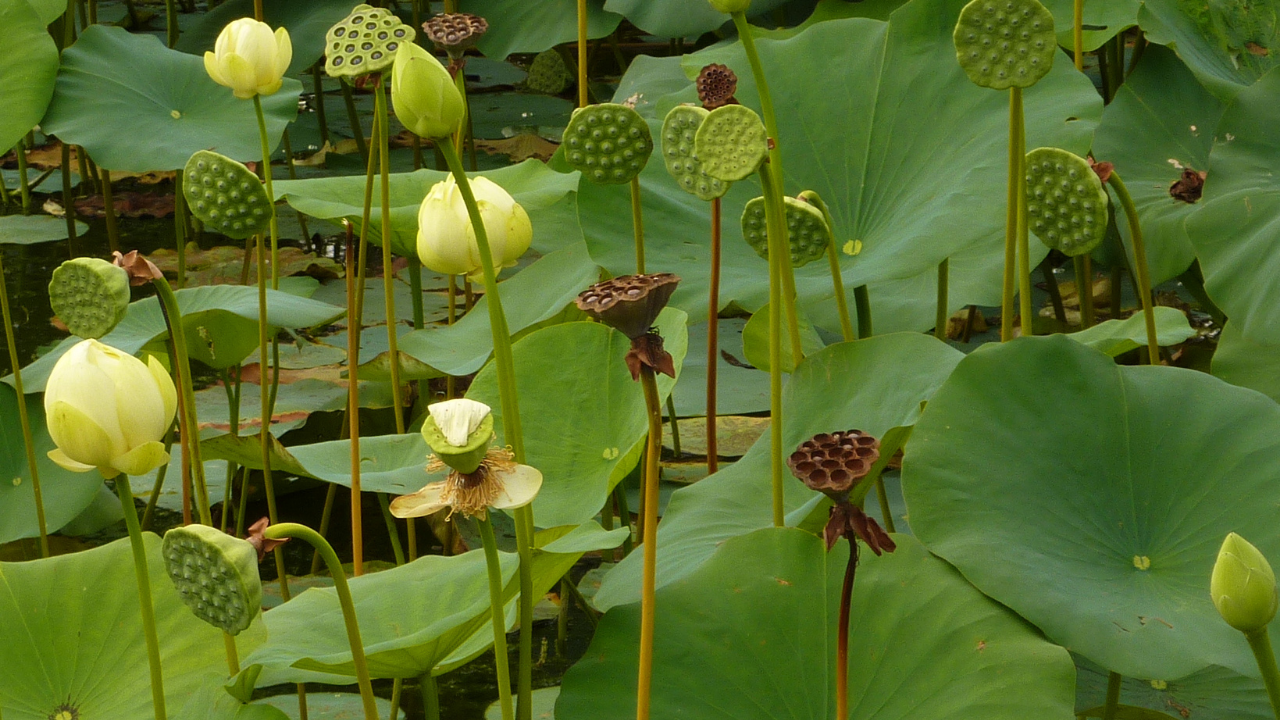The Liberated Voice Version 2.0

Welcome to The Liberated Voice, Version 2.0!
It’s time to transplant and reboot my blog. My reasons for the refresh are logistical as well as philosophical.
I dubbed my practice The Liberated Voice when I first launched my blog in 2010, and I appended the tagline, “Revolutionizing vocal technique with timeless wisdom.” What I was implying without making explicit, is that the “timeless wisdom” I draw upon is largely inspired by Buddhist philosophy and practice; by “Liberated,” I’m referring to not only unfettered vocal expression, but also the liberation to enjoy our lives free of unnecessary suffering and limitation.
So why not make my influences explicit? At the time, I personally found it too challenging to decouple Buddhist philosophy and practice, from the hierarchical thinking and the “woo” that characterizes every “spiritual” path I have yet encountered. I’m in the camp that doesn’t consider Buddhism a religion, as it does not require unquestioning faith. However, most Buddhist organizations and lineages feature the male-dominated, hierarchical structures characteristic of most organized religions; while participating may not require unquestioning faith, their terminology includes words like “spiritual” and “enlightenment” that imply a separation between normal human experience and something more “godlike.” I was already finding it hard enough to eradicate the woo and mysticism from the way people tend to conceptualize singing practice! Eleven years ago, I was for sure nowhere near ready to try to decouple the mystical language embedded in Buddhist philosophy from its very practical, very human applications.
With the caveat that I still will not do as good a job now as I someday might, I’ll go ahead and take a stab at it, with a view to more accurately describing my teaching philosophy. Here goes:
In singing, as in life, things generally go best when we’re able to abide and participate in the continuous unfolding of the present moment, devoting our full attention and creative energy to what we’re doing, unaffected by distractions or unrelated concerns. Abiding in the present while remaining highly focused is a skill that can be developed and improved upon. The extent to which we are able to sustain this presence and focus whenever we wish, is the extent to which we feel “liberated” from the impact of obstacles and conditions that might otherwise impede the flow of our experiences and reduce our satisfaction. To be highly focused and present while singing, is to enjoy the freedom to express ourselves fully, as well as freedom from things like self-judgment, desire for affirmation, concern over whether we’re doing something “right,” and so on. To be highly focused and present in life, is to enjoy the freedom to be ourselves fully, as well as freedom from limiting ideas about ourselves, unhelpful expectations from others, attachment to future outcomes, and aversion to change. Singing is a practice that, in my opinion, is ideally suited to the development of focus and presence; having developed this focus and presence, we can then apply it to everything we do, including the continued cultivation of our singing technique.

The specific practice I engage in and apply in my teaching is a technique called Vipassana Meditation (aka Insight Meditation). Just as singing is ideally suited to the development of focus and presence, I find Vipassana an ideal tool for learning how to sing, because in addition to cultivating power of concentration, it facilitates the development of sensory clarity and equanimity. Sensory clarity means the ability to discern subtle movements and sensations. When you consider how many of the internal movements of singing are difficult or even impossible to see or feel directly, you can appreciate how useful sensory clarity can be for engaging and training our vocal anatomy—examples include identifying and alleviating chronic tensions that can restrict breathing, or developing the skill to move the articulators independently from one another. Equanimity means the ability to experience and respond to whatever is going on with a sense of calm and unconditional acceptance. This is a huge asset for performing exercises and learning repertoire efficiently, because it enables you to minimize disruptive judgmental reactions when something doesn’t go as well as you hoped it would, and to ignore distracting speculation about whether or when it will get better.
I think it’s worth mentioning why it’s so hard to talk about a practice like Vipassana without bringing up the woo. When we engage in meditation or other practices that facilitate elevated states of focus and presence, it can lead us to experience heightened states that seem so utterly different from what most of us encounter in our day-to-day lives that we are inclined to view them as mystical, or even divinely inspired. It seems to me that this is why most meditation practices that I am aware of actually evolved within the context of religious worship of one kind or another; even Transcendental Meditation, which emphatically disavows any religious affinity, takes its name from a word that means “relating to a spiritual or non-physical realm,” or “existing outside of or not in accordance with nature.” However, these elevated states have been available to human beings for as long as we’ve been around; they predate structured techniques and organized religions. Musicians and athletes experience such heightened states frequently, because participating in an all-consuming endeavor that unfolds continuously tends to engender elevated focus and awareness. Do these states feel magical and even “transcendent”? Absolutely! Need one subscribe to a religious or mystical ideology in order to learn to achieve them? Nope. It’s just really hard to find discussions of these states, and how to cultivate them, that are free of mystical or religious terminology.
To sum up: Focused awareness, sensory clarity, and equanimity are qualities that we can all cultivate and benefit from. The heightened states and astonishing experiences that sometimes arise as a consequence of cultivating these qualities can be freely enjoyed without any necessity of subscribing to an ideology or submitting to a hierarchy.

What initially inspired your love of singing? If you reflect, you may find that your early encounters with singing led you to experience a relatively heightened state of focus and presence that you really enjoyed. Music also has the ability to lead groups of people to enjoy this heightened state simultaneously while performing and/or listening together, resulting in a strong, satisfying sense of unity. It may be that the elevated state of focus and presence I am describing in this post actually played a significant role in your early affinity for singing: You responded with an enthusiastic, “More, please!” This was certainly my reaction.
I truly wish that all musical experiences featured such elevated states of awareness, accompanied by a sense of unity! But as you may have noticed, this is not always the case. If you have pursued structured training and/or a professional career, you may have at times even experienced a lowering of your emotional state and mental clarity, or the creation of discord rather than unity, in an educational or performance setting. Perhaps you enrolled in a conservatory program, only to be shamed for the things you couldn’t do well yet and were denied performance opportunities. Or you joined an elite volunteer choir, only to be singled out in front of your section for singing flat or failing to blend. How is it that this happens at all, let alone as frequently as it does, considering how beneficial music can be for lifting our hearts and making us feel like we’re a part of something larger than ourselves?
I observed earlier that in singing, as in life, things go best when we’re able to participate in the continuous unfolding of the present, impervious to distractions or concerns, and thus liberated from the impact of obstacles and conditions that threaten to impede the flow of our experience. But in our culture, not only is such a state not our default, it is considered so unusual that we tend to use mystical language to describe those rare occurrences when we do experience this kind of elevated state. Unfortunately, it is more often the case that when distractions, concerns, obstacles, and unfavorable conditions arise, people are not able to respond with equanimity (i.e. calmly and with unconditional acceptance) but rather respond with resistance. Suppose you come to see me for voice lessons, and my go-to methods fail to yield the results we both desire for your singing. If I respond to this situation with equanimity, there are any number of ways that I can support you, including a referral to a colleague, finding resources to augment my own skill set, and helping you adjust your practice regimen. If, however, I am not able to respond with equanimity, lots of things can go seriously wrong, and quickly. If I meet this clear evidence that my methods didn’t work for you with resistance, I may conclude that you lack sufficient aptitude, or that you aren’t working hard enough; my reaction may be compounded by anxieties that arise about whether this failure will end up compromising my reputation or my income; and so instead of making sure that you get the instruction that you need, I may end up excoriating you for being lazy, belittling you for lacking talent, or even kicking you out of my studio so that this doesn’t impact the way others regard me.
This is one theoretical example to show why, despite music’s inherent power to facilitate elevating and unifying experiences, we sometimes encounter experiences that are more of a downer. Hopefully this example also explains why I so am interested in cultivating skill at equanimity for myself—it enables me to remain gathered and open to whatever might come up in a lesson, and to manage my own subjective reactions so they don’t interfere with my ability to focus on a student’s needs. Unfortunately, I can’t directly protect you from the less equanimous people you are likely to encounter throughout your studies and career, but if you also engage in your singing practice in a way that instills you with greater equanimity, you’ll have an easier time dealing with them should it become necessary.
Where my studio is concerned, I want to offer an environment rich with discernment and free of judgment. This is a place for exploring your internal emotional and intellectual landscape and learning to express your feelings and ideas through song. I personally believe that achieving greater clarity and immediacy of expression in your singing leads to greater power of expression in all your encounters and endeavors. I also believe that the elevated experiences that music facilitates can lead to experiencing your day-to-day life with greater focus and awareness, as well as deeper satisfaction and joy. I don’t ask you to take my word for any of this—I invite you to come find out for yourself.
Thanks for visiting my blog at its new home. I’ll have plenty more to share in this space in the months and years ahead. It’s still The Liberated Voice, but now you know that I’m at least as fascinated by the “liberated” part as I am by the “voice” part. I hope that you will be as well!


